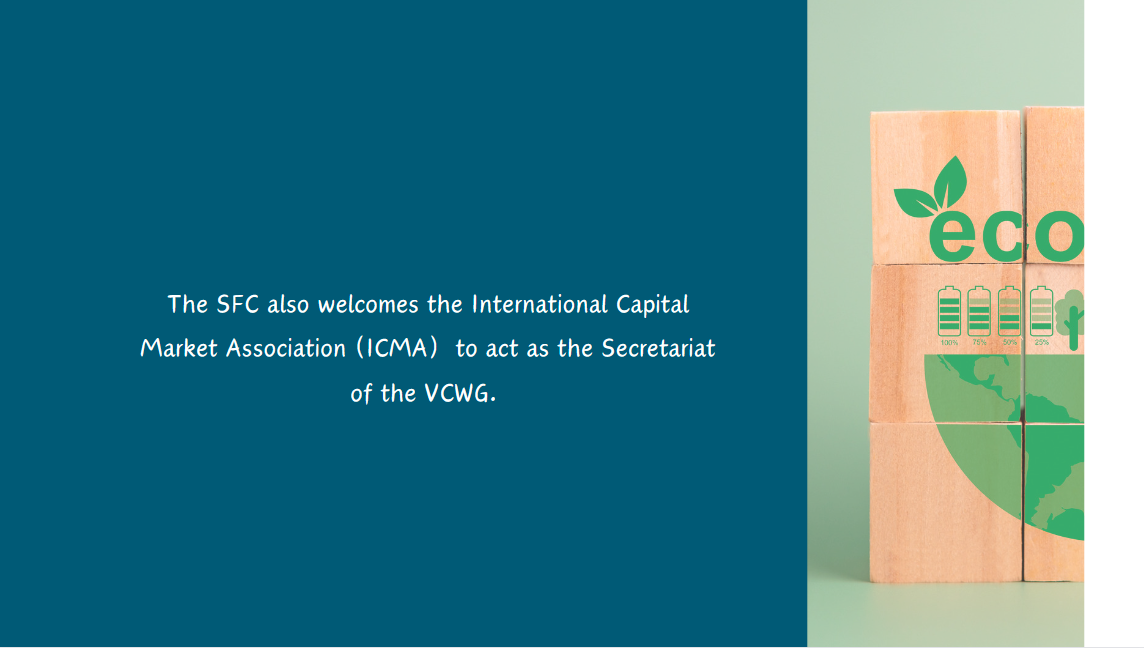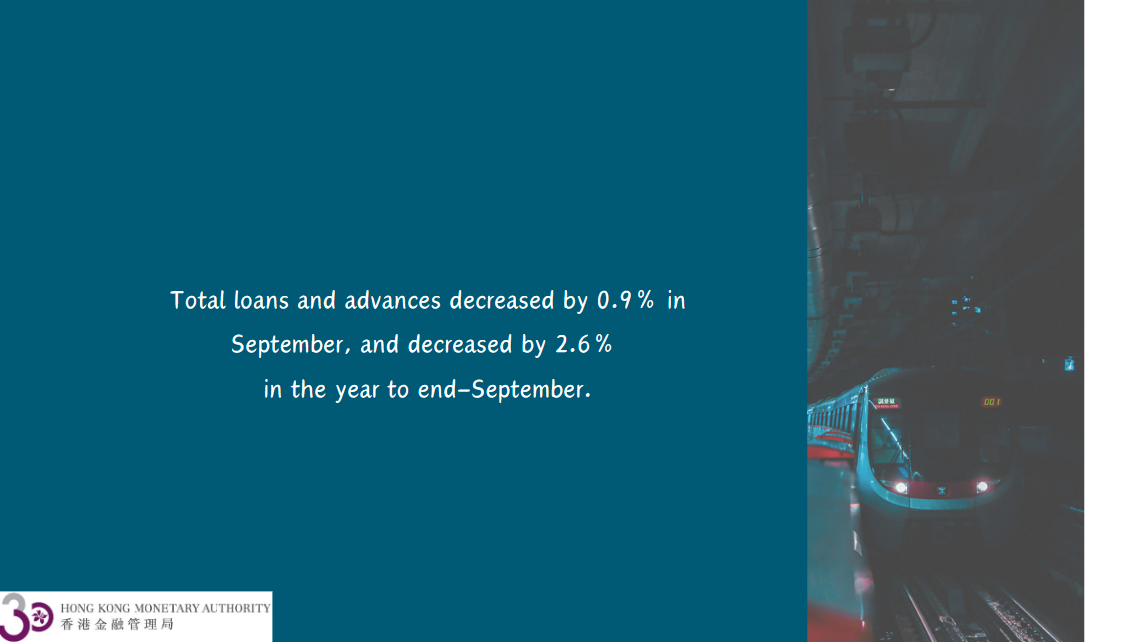Xinjiang FTZ to promote digital trade
The pilot free trade zone or FTZ in Northwest China's Xinjiang Uygur autonomous region will exploit its locational advantage, diverse resources and economic strengths to grow into a new model that can promote reform and opening-up, senior officials said on Wednesday.
Addressing a news conference in Beijing to mark the launch of the pilot FTZ, the first in the country's northwest border area, they said the zone will also advance industrial upgrading and boost digital trade.
On Tuesday, the State Council, or China's Cabinet, issued a guideline for the sound development of the FTZ, laying out specific steps on 25 aspects, including business climate, trade facilitation and cooperation with neighboring countries.
The creation of the pilot FTZ will help combine institutional innovation with Xinjiang's locational advantages, so as to further enhance the internal driving force for regional economic and social development, promote high-standard opening-up and benefit people and businesses, said Guo Tingting, vice-minister of commerce.
Noting the efforts to turn the Xinjiang pilot FTZ into a magnet that can attract both domestic and overseas resources, Guo said it is imperative to put in place a sound mechanism to provide better services for foreign investors.
Such a mechanism will ensure that foreign businesses can participate in government procurement, tenders and bidding, and standard-setting on an equal footing, in compliance with the law. Eligible foreign businesses will have equitable access to industrial and regional development policies, Guo said.
To further increase the Xinjiang pilot FTZ's appeal to foreign investment, the establishment of foreign-funded research and development centers will be accelerated, with lower thresholds for R&D expenditure, the number of full-time researchers and equipment purchase, Guo said.
Overseas financial institutions will receive assistance in establishing banks, insurance firms, securities companies in the Xinjiang pilot FTZ, so as to offer a range of international financial products and services, Guo said.
Domestic financial institutions will be encouraged to scale up their support for infrastructure construction in the Xinjiang pilot FTZ to provide a favorable environment for foreign investment, Guo said.
In addition, policy measures to expand opening-up in areas like tourism, medical care, finance, science and technology education, and cultural and creative industries will be explored, said Sun Hongmei, vice-chairperson of the regional government.
Xinjiang's opening to the outside world, she said, will be even wider, to further increase the enthusiasm and confidence of domestic and foreign enterprises to invest in the region.
Construction of international communication facilities will be expedited, and the development of software and information technology services aimed at Central Asian countries will be accelerated, to drive innovation in the digital economy, Sun said.
The FTZ will be aligned with international digital trade rules. It will explore orderly data and information exchange and cooperation with Central Asian countries as per the law, Sun said.
Furthermore, the Xinjiang pilot FTZ will participate in the country's initiative to channel more computing resources from the eastern areas to the less-developed western regions, to integrate into the national arithmetic network and build a national arithmetic hub, Sun said.
To expedite industrial upgrade, supportive policies will encourage the advanced equipment manufacturing sector to relocate from the country's eastern and central regions to the Xinjiang pilot FTZ, Sun said.
In particular, the development of manufacture of rail transportation equipment, agricultural and animal husbandry machinery, and equipment used in processing agricultural products, will pick up pace.
In addition, the business segments of new energy automobile parts and components will be encouraged, Sun said, adding that dedicated efforts will be made to foster a whole industrial chain for the general aviation sector.
Industrial and supply chains in the petrochemical industry will be extended and strengthened and weak links shored up. A national strategic mineral resources base and a nonferrous metal industry base will be built, Sun said.






















































First, please LoginComment After ~